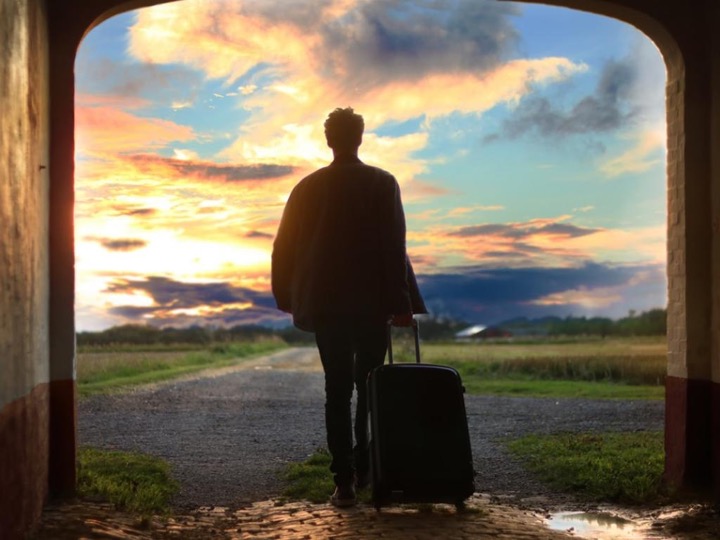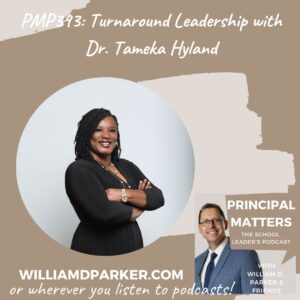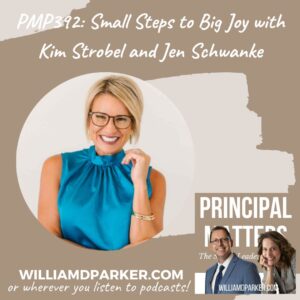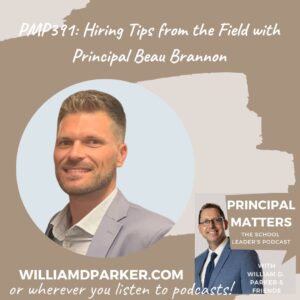Podcast: Play in new window | Download
When I was in college, I had a blue 1981 Toyota Celica that overheated on the long trip to Oklahoma, and the engine burned up.

It was my first car. I had bought it with the money I earned over summers as a shell diver in the Kentucky Lake area. But now it was toast, and I became a car-less college kid. On my next summer break, I talked a friend into driving me back to Tennessee on his way home to North Carolina. Any money I earned that summer I had to save for school. Before long, it was time return to college, and I had planned to catch a Greyhound bus back this time.
The morning of my trip, I began packing my bag for the long road between Paris, Tennessee and Tulsa, Oklahoma. Shoving in all my belongings, and holding the bag down with my knee, I pulled the zipper closed around it. But as I did, it suddenly broke. The zipper threads spread open like long, jagged lines of opposing soldiers. No matter how hard I tried, I couldn’t weave them back in line, and the broken metal clasp was now in pieces.
I had an idea. I found my dad’s toolbox and retrieved some plastic wire-ties. With a pair of sharp scissors, I started cutting holes along the edges of the zipper hemming, and inserting the plastic ties, then pulling them tight. It worked. I had found a makeshift solution.
But as I dug the scissors into the next hole with my right hand, I didn’t think about my left hand as I was clenching the fabric beneath, and I quickly sliced through my left index finger. As I stared at the oozing blood, I knew I’d need stiches. Not only did I have a long bus ride ahead of, but now I’d be traveling with the fresh sting and throb of a sewed-up finger.
Mom gave me a ride to the ER. This was 1989, and 21-year-olds were not covered by their parents’ insurance in those days. And I hadn’t bothered to look for any other coverage. So mom talked to hospital staff, and they agreed to break the cost into a series of small payments. She wrote them a check for the first installment.
A few hours later, I was standing at the truck stop where Greyhound buses boarded passengers. Mom gave me a hug and kiss, and as she drove off, I wondered how long the 500 miles ahead would feel with my wire-tied traveling bag and my throbbing finger I had to keep elevated to prevent swelling.
A bus schedule was posted on the side of building. The next pick up time was 6PM, and I had a couple of hours. So I sat on my bag, ackwardly pointed my wrapped finger in the air, and waited. One hour turned into two, then three. No bus came. No one inside the truck stop had any explanation. As the evening darkened, I found a pay phone (yes, they had those back then too) and clumsily dialed the number to my grandmother. My parents didn’t have a phone at their house (I know, you can’t believe that either), so Grandma told me she’d drive down to tell them I needed help. As the evening darkened, I waited, and finally, one of my older brothers pulled up in his pick-up truck.
“Man, you’ve had a hell of day, haven’t you,” he said as he threw my bag in the truck bed. “You sure you don’t want to stay back this semester and farm with me?”
It was midnight by the time we made it to the house, and mom and dad already were in bed. I knew Dad would be the first one up in the morning, and I needed him to drive me back to the bus station before he headed to work. I’d lost a day of travel, and I couldn’t afford to another day, or I’d miss the start of the semester.
I was so tired I could barely think. The house was quiet, and I couldn’t decide how to make sure dad would drive me. So I dropped my bag by the front door and just lay down on the floor beside it and fell asleep. It was early morning and still dark outside when I felt my dad’s toes prodding me awake. “Get up and wash your face,” he said. “Let’s eat some breakfast, and then I’m driving you to the Nashville airport.”
I rubbed the sleep from my eyes, and said, “I don’t have money for a plane ticket, Daddy.”
“Well, I’ll take care of it, just get ready,” he said.
Like most families I knew, we lived on a tight budget, and my parents never used credit cards. I knew my parents would be sacrificing to get me back to school –just like they had sacrificed yesterday to mend my finger. But I also knew from the tone of Dad’s voice, the decision was made.
The first time he had sent me off to school as a college freshman, he had taken my car to the tire shop and bought me four new tires. “Those roads get icy in the winter,” he had said, “so you’re going to need good ones.” Of course, he was right, and I was thankful.
As we drove the two hours to Nashville in the family Oldsmobile, I looked out the window at the passing fields and trees. It was late summer, and Tennessee always boasts tall pines and thick patches of oaks and cedars. Soybean fields and corn were bursting with growth with not many weeks till harvest.
Even though it was a work day, I noticed Daddy wasn’t wearing his mechanic’s work clothes. Instead he had put on his “goin’ to town” clothes: a collared dress shirt, slacks, and a pair of black dress shoes. I don’t remember what we talked about as we drove, but it was a pleasant ride. I felt so relieved that I’d be flying instead of spending the entire day on the road.
As we I pulled into the airport entrance, I rolled down the window all the way for a good look. My elbow was hanging out the window, and we passed flower beds lined with rows of yellow petunias. The lanes of road semmed confusing but led us to a series of signs pointing to departing flights and parking areas. I didn’t have much experience with airports so I trusted Dad to navigate.
Before long, we had parked, dragged my bag to the ticket counter, checked it and bought a one-way ticket to Tulsa. In those days, you could still walk to the gate and wait together without any security lines or screenings. As we made our way down the long, carpeted hallway to my gate, my dad stopped and looked down at his shoes.
The sole of his left shoe was separating around his toes. You could see his sock-covered foot sticking out in front. “Well,” he said, “I guess we’ll have to walk a little slower.” So we walked along, the plop, plop of Daddy’s shoe smacking on the carpet. He just smiled till we reached my gate.
He stood there as I boarded the plane, and before long, the plane lifted up. Above the airstrip now, Nashville was quickly shrinking below me. Somewhere down there, my dad was plop-plopping his way back to the car for the long ride home.
All these thoughts came back to me last week when I was in Nashville for a conference with the Association for Middle Level Education. It was a great conference, and I learned a lot connecting with other educators. It was fun seeing the city again. It has changed a lot over the years — more skyscrapers and more places to listen to music.
My last night there, my little brother drove into the city to have dinner with me. And the next morning, I boarded the hotel shuttle for the Nashville airport. As I was scrolling through my phone and occasionally glancing out the windows, I noticed autumn was visiting the trees with hints of yellow and orange. And as we pulled into the entrance to the Nashville Airport, I was surprised to see the beds full with long yellow rows of blooming flowers.
And that’s when I remembered: In my imagination, I was sitting back in the car with my dad.
My elbow hanging out the old station wagon. He was sitting beside me – 50 years old, the same age I am today, peering through his dark rimmed glasses at the unfamiliar signs, looking for a place to park. He was unloading my bag, and before long, he was looking down with a grin at his broken shoe. As he dug into his wallet for the cash to buy the ticket, what was he thinking? Was he calculating the months it would take to cover the expenses of the last two days of hospital bills and airfare for his college boy? If he was, he never mentioned it. He just stood there like always, taking care of me.
One day a few years ago, I was driving my daughter, Mattie, home from school. She was in her junior year of high school where I was her principal. I was telling her about a conference I was planning to attend as the keynote speaker. As we talked about the upcoming trip, I said, “Sometimes it’s uncomfortable when people introduce me. It feels like odd to share stories about myself or tell feel like it’s bragging to be announced with a list of your accomplishments.”
She didn’t speak for a moment, and then she said with quiet resolve, “Well, if you give the credit to those who have helped you life, then it shouldn’t be embarrassing, right?”
Let’s Wrap This Up
This week I’ve been thinking about how much has happened since my dad walked me through the airport almost thirty years ago. Since then, I’ve taught thousands of students, raised a family, and now I’m watching my own kids go off to school. My oldest daughter turned 21 this week.
As I think about what I’d still like to change about my life, I also feel grateful. Grateful for parents willing to sacrifice. Grateful for friends and family. Grateful to connect with school leaders in my state and around the world. Grateful for shoes. Happy for luggage with zippers that work.
A few years ago, I was talking to my mother about the scar on my left index finger. “You know what?” she said. “It took us about three years to pay off that finger one month at a time, but we got it paid off.” I had no idea. I had completely forgotten that she had set up payments for my stitches. And like a typical college kid, I didn’t bother to ask about it again. So as I’m walking down memory lane today, I’m even thankful for the scar on my left finger. It not only reminds me of one bad day back in college; it’s also a reminder of the many small ways that others have loved me – even when I didn’t recognize or appreciate it at the time.
This week you will be serving and leading others, whether it involves your school or family. It’s likely you’ll be taking actions that others may never see. But my guess is that there is someone – whether it’s a student, a teacher, a fellow-leader, or a family member – who will benefit because you’re there. You may even be mending hurts, resolving conflicts, or cleaning up the messes that others are making. Wherever you find yourself this week, take a moment to remember the sacrifices others made for you to reach your goals. And then pay it forward by helping those around you with no expectations or strings attached. When you do, you’ll be doing what matters.
Now It’s Your Turn
Is there someone in your life you may need to reach out to with a thank you for the ways you’ve been helped recently or in the past? Pay attention today for the small ways you can add service or assistance – even in a small way – to someone in your life or your school. When you see someone else serving, how can you celebrate them and show them gratitude.
Sign-Up For Free Updates and Ebook
You can automatically receive Principal Matter posts and a free Ebook, 8 Hats: Essential Roles for School Leaders. Let’s keep learning together!


